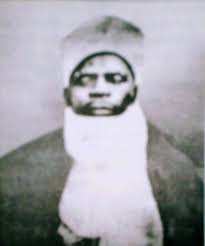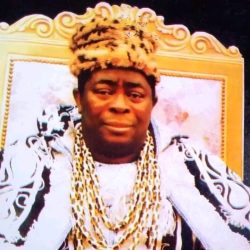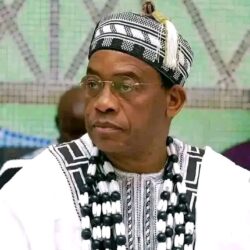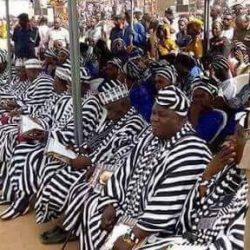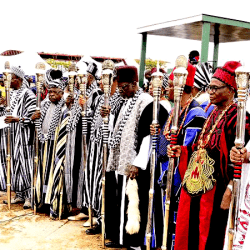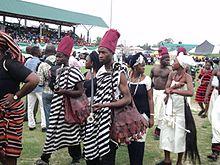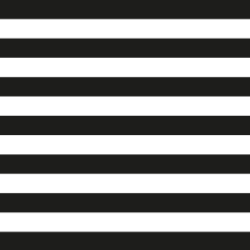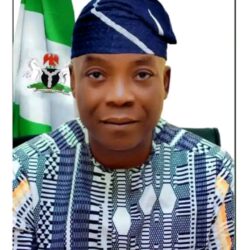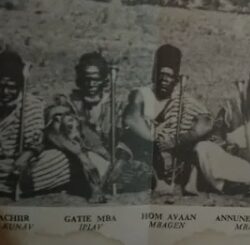The demand for Tor Tiv first emerged during a 1934 meeting of the Tiv Central Council, initiated by Jato Aka, a local leader. He claimed that Governor Sir Donald Cameron had entrusted him with authority over the Tiv people, leading him to declare himself Tor Tiv without consulting the elders. His announcement sparked chaos among the council, highlighting divisions between Jato and many elders who opposed his claims, ultimately resulting in his defeat when put to a vote.
In the wake of Jato’s declaration, Governor Cameron denied having recognized him, attributing the misunderstanding to Iyorkar Ako, the interpreter. The issue seemed to fade until the 1945 death of Audu Dan Afoda, which intensified local tensions and dissatisfaction with British governance, especially when the administration pushed for Audu’s son to succeed him.
This discontent culminated in a call for a recognized Tor Tiv, leading to a contest between two prominent candidates: Makir Dzakpe and Gonda Aluor, each representing different Tiv subgroups. After a deliberative meeting during Governor Sir Arthur Richard’s visit in 1946, the elders elected Makir Dzakpe as the first Tor Tiv, which initially helped to stabilize the situation.
However, the introduction of party politics soon strained the Tiv social fabric, resulting in widespread violence between 1960 and 1965, indicating that the resolution achieved by appointing a Tor Tiv was temporary and fraught with underlying tensions.

